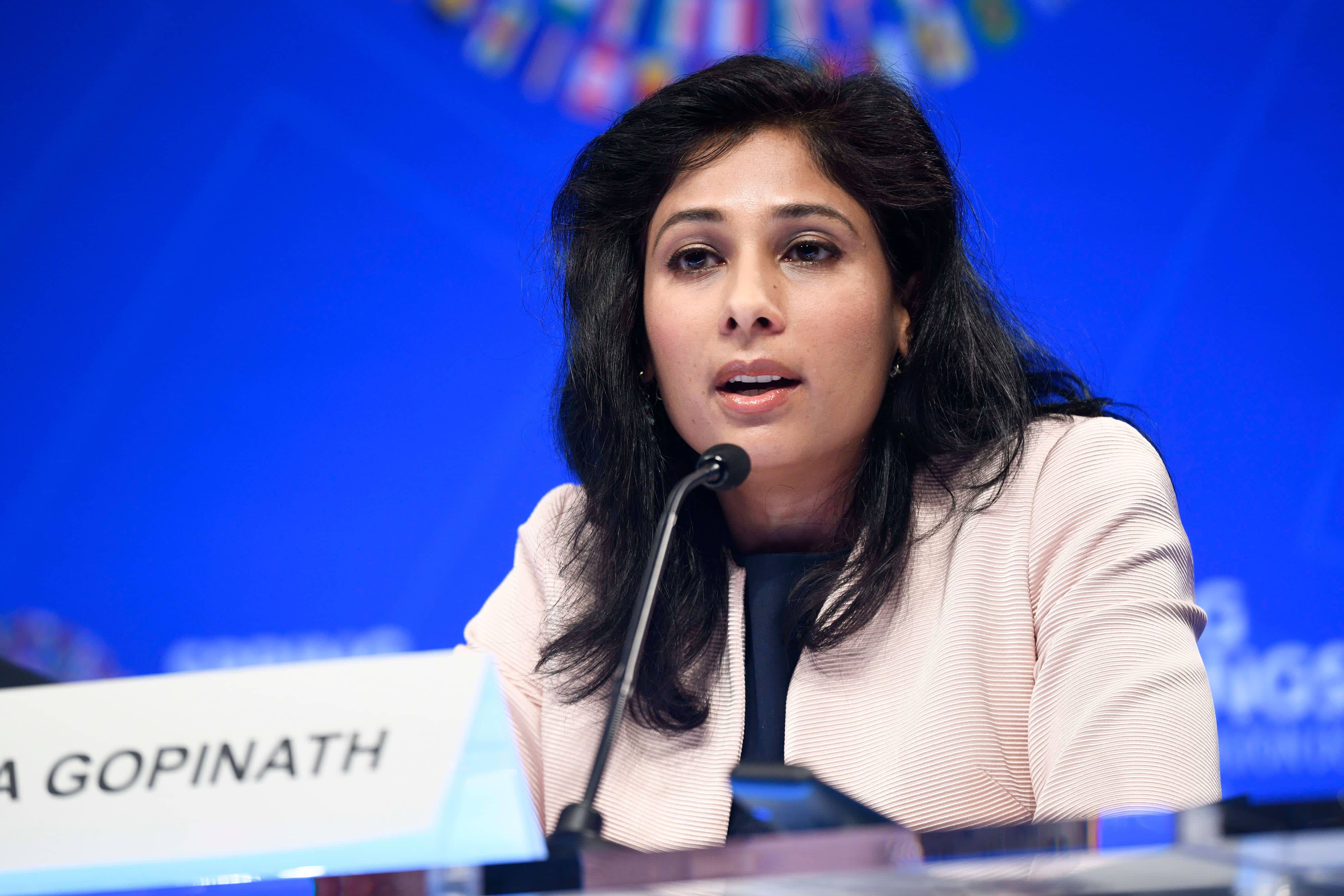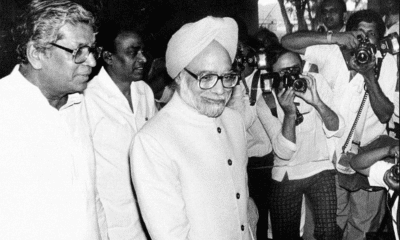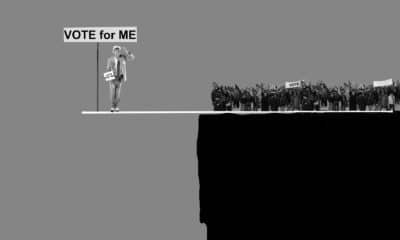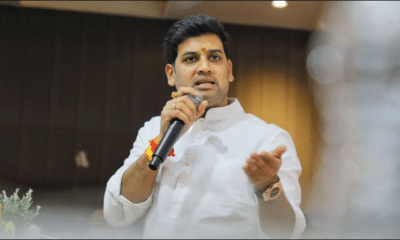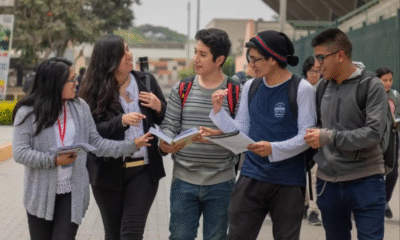GDP
India’s GDP shrunk the most among G-20 countries: IMF Chief Economist Gita Gopinath
As alarm bells of an economic recession ring across India, the International Monetary Fund’s chief economist Gita Gopinath says, India’s GDP may have shrunk the most among G-20 countries in the April-June quarter.
She tweeted a graph which showed that Indi’s GDP went down by 25.6 per cent when compared to the previous quarter. The graph puts G20 growth numbers on a comparable scale, quarter-on-quarter non annualized. There would be rebounds in Q3, but 2020 overall will see significant contractions.
The collapse in India’s economy highlights the stringent nationwide lockdown which went up to three months to stem the spread of COVID-19 pandemic. According to Capital Economics, investment collapsed by 47 per cent compared to the previous year, and household consumption contracted by nearly 27 per cent. Moreover, government consumption increased by 16 per cent.
Also read: India’s GDP lowest in 24 years, contracts 23.9% in Q1 of 2020-21
India’s nationwide lockdown began in late March. This was subsequently extended several times. And this halted economic activities throughout the country and caused millions of people, many of them daily wage earners, to lose their jobs and revenue streams. India’s industrial production dropped sharply in April, and most factors were not in operation. The index contracted by 55.5 per cent compared to the same period in 2019. Mining, manufacturing and the power sector have also witnessed a sharp decline. Business activity in the services sector again fell drastically in May. The pandemic reduced footfall in shops, and this led to a decline in demand. Domestic travel and tourism sectors also declined sharply. As such, Priyanka Kishore the head of India and Southeast Asia economics at Oxford Economics said India’s recovery trajectory is going to be weak as the country is struggling to get past the peak of the pandemic.
Dr Mamohan Singh’s three steps to economic recovery
Last month, Dr Singh told BBC in an interview, that he believes the government has to take to the stem the crisis and restore economic normalcy in the coming years. The former prime minister said the government should ensure people’s livelihoods are protected, and they have spending power through significant direct cash assistance. “It should make adequate capital available for businesses through government-backed credit guarantee programmes. And it should fix the financial sector through institutional autonomy and processes,” Dr Singh, who is regarded as the architect of India’s economic reforms, said. He explained that a humanitarian crisis causes economic slowdown.


